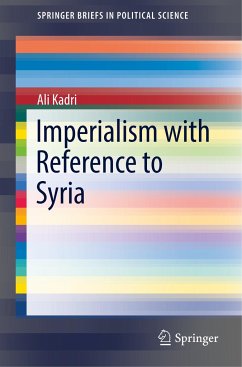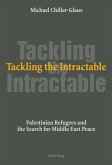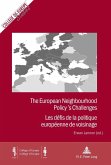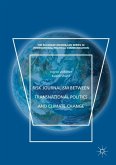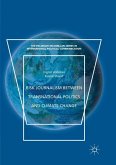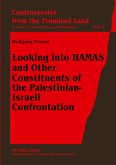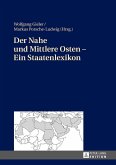This extended essay investigates the meaning of imperialism in Syria, providing a valuable addition to the ongoing debate on the Syrian crisis through the lens of imperialism, modern warfare, and geopolitics. It offers a detailed analysis of how the Syrian war has been the product of imperialist ambitions. The author begins by situating the Syrian conflict in the regional historical continuum, positing that the modern imperialist war visited upon Syria is both a production domain intrinsic to capital, and an application of the law of value assuming a highly destructive form. Such processes, particularly the measure of war as a component of accumulation by waste and militarism, are peculiar to the imperialism of the United States, which the author argues is the sole imperialist power at play in Syria, and globally. With so many international forces vying with one another in this country, and some prominent Western scholars equally ascribing imperialism to the US, Russia and China,defining "who the imperialist is" can help to clear some of the fog in the war of positions, as a misplaced or ideologically motivated assessment can provide the wrong party with a justification for prolonging the war. This book will be of interest to academics in the social sciences and Middle Eastern studies, but will also appeal to all readers with an interest in patterns of global development, postcolonialism and neoliberal imperialism.

